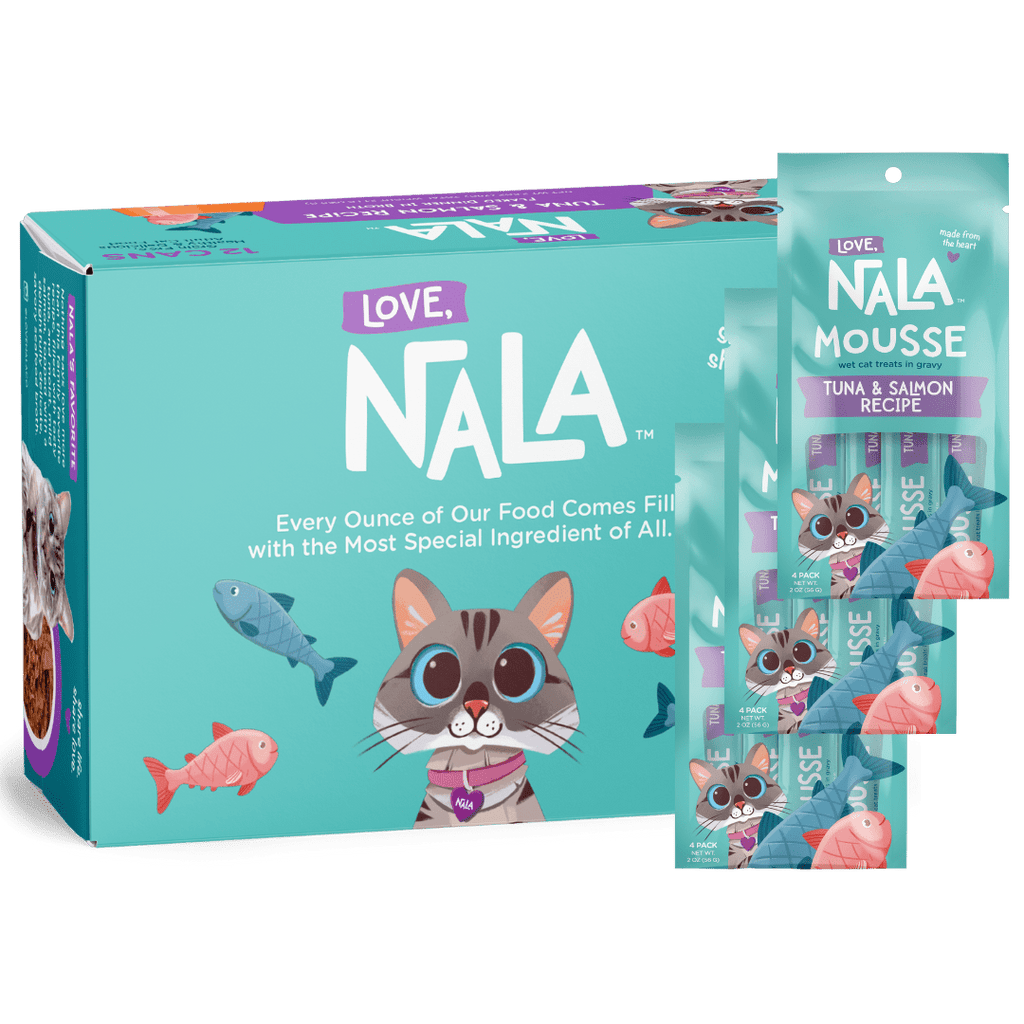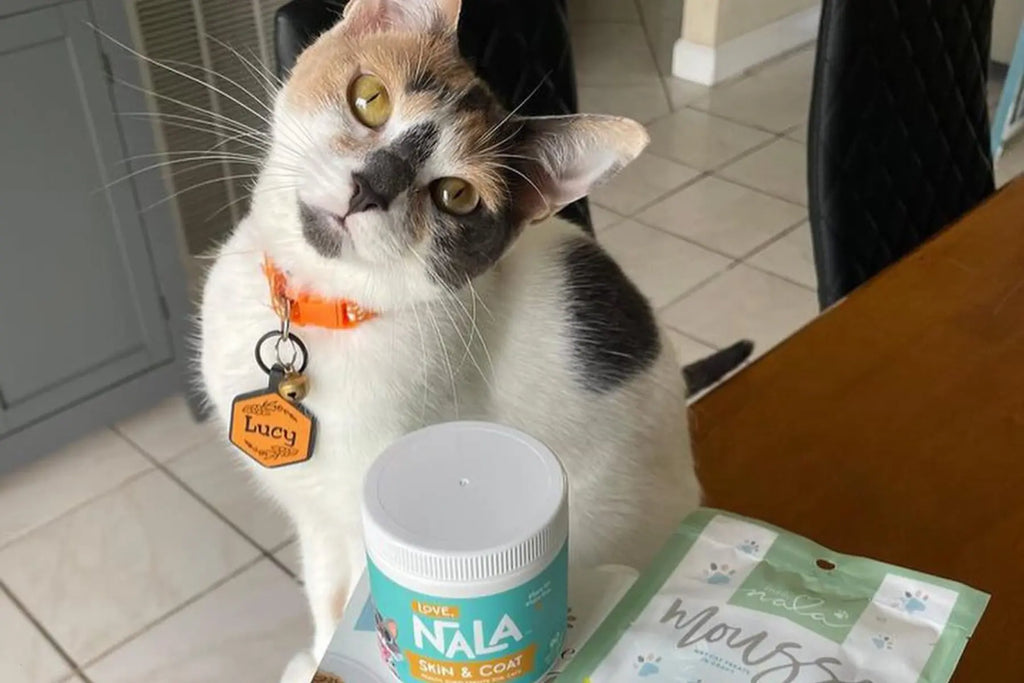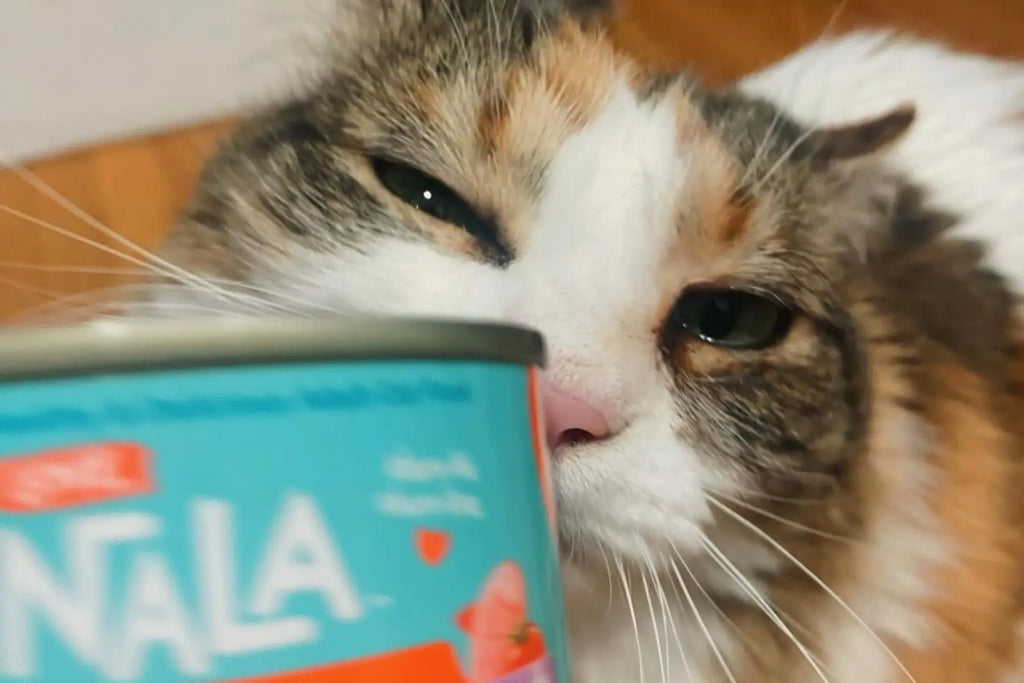Feline nutrition is a topic of growing interest among cat owners worldwide, driving a continual search for the best cat food available. Amid the myriad of options, one ingredient invariably tops the list - chicken. This humble poultry emerges as the star of the show in a multitude of cat food varieties. But why is chicken such a favored ingredient? This article delves into the reasons behind the popularity of chicken for cats, unraveling its nutritional profile, and understanding its presence in different cat food products.

Understanding Cat Nutrition
Cats, inherently carnivorous creatures, require a particular set of nutrients to thrive. Providing the right balance of nutrients is crucial for their overall health and longevity.
Essential Nutrients for Cats
The fundamental building block of a cat's diet is animal protein. It provides essential amino acids, the "building blocks" of the body, which felines are unable to produce sufficiently themselves. Additionally, cats need specific vitamins and minerals, each playing a vital role in various body functions.
Chicken: The Preferred Protein
Among the multitude of protein sources, chicken often takes center stage in cat food. But why is it so? Let's explore the unique characteristics of poultry that make it a preferred choice.
Chicken: A Nutritional Powerhouse
It is undoubtedly a nutritional powerhouse for felines, offering much more than just a simple protein source. Within this seemingly ordinary poultry, a plethora of nutrients reside, each playing a crucial role in supporting a cat's overall health and vitality.
Amino Acids, Vitamins, and Minerals in Chicken
One of the most significant benefits of poultry lies in its rich supply of essential amino acids. These building blocks of protein are vital for various aspects of feline well-being. They play a key role in tissue repair and growth, ensuring that a cat's muscles, organs, and cells can effectively regenerate and remain strong.
Additionally, amino acids are essential for supporting a feline's immune function, helping them fend off illnesses and stay resilient against pathogens. Moreover, these amino acids actively contribute to the cat's metabolic activity, ensuring that all physiological processes within the body function efficiently.
In addition to amino acids, the bird also boasts an impressive collection of vitamins and minerals that further enhance a feline's diet. Notably, it is an abundant source of B-complex vitamins, which are essential for a range of bodily functions.
These vitamins play critical roles in energy metabolism, nerve function, and the production of red blood cells. Furthermore, poultry provides essential minerals like zinc and iron, which contribute to various physiological processes in felines, including immune function and oxygen transport in the bloodstream.
Chicken's Digestibility and Palatability
Beyond its nutrient composition, chicken's popularity in cat food can also be attributed to its high digestibility. Unlike certain proteins that may be harder for felines to process, chicken cat food is easily broken down and assimilated by their digestive systems. This makes poultry an efficient and effective protein source for felines, ensuring that they can extract the maximum nutritional benefits from their food.
Moreover, cats tend to find the flavor of poultry highly appealing. The inherent palatability of the bird makes it an enticing option for finicky eaters, and it can significantly increase the overall enjoyment of cat food. This is especially important for maintaining a feline's appetite and encouraging them to consume the nutrients they need to stay healthy and strong.

Chicken Cat Food: The Spectrum of Choices
The cat food market is teeming with choices, with chicken prominently featured in many products, ranging from canned chicken for cats to dry chicken cat food.
Wet Chicken Cat Food
Canned chicken cat food is a popular choice due to its high moisture content, which can aid in hydration, particularly for felines that don't drink enough water. The softer texture and enhanced flavor profile make it highly palatable, promoting better eating habits in fussy eaters.
Dry Chicken Cat Food
Alternatively, dry chicken cat food offers convenience, and longer shelf life, and can contribute to dental health, as the kibble texture can help reduce plaque buildup. It's an excellent option for free feeding, where food can be left out for extended periods without spoiling.
Benefits of a Chicken Diet
Incorporating poultry into your feline's diet can bring a myriad of benefits, influencing various aspects of their health and well-being. Here are some of the advantages of including poultry in your pet's meals:
- Improved Muscle Health - It is a high-quality protein source, containing essential amino acids that support muscle repair and growth in cats. This is especially important for active and playful cats who need strong muscles to support their active lifestyles.
- Enhanced Energy Levels - Felines are obligate carnivores, meaning they primarily rely on protein for their energy needs. The poultry's rich protein content provides the necessary fuel to keep your feline friend active and full of energy.
- Healthy Coat - The fatty acids found in the bird, such as omega-3 and omega-6, contribute to a shinier and healthier coat for your pet. A lustrous coat not only looks beautiful but is also a sign of good overall health.
- Improved Immune Function - Its nutrient profile includes essential vitamins and minerals that support a cat's immune system, helping them stay resilient against infections and illnesses.
- High Digestibility - It is easily digestible for felines, reducing the risk of digestive issues and ensuring that they can efficiently absorb the nutrients from their food.
- Palatability - Cats tend to find the flavor appealing, making it an excellent choice for even the pickiest eaters. The palatability of the poultry encourages your pet to enjoy their meals and maintain a healthy appetite.
- Weight Management - Protein-rich diets like chicken can help with weight management in felines, as protein keeps them feeling fuller for longer and supports lean muscle mass.
Incorporating chicken into your cat's diet, you can provide them with a balanced and nutritious meal that positively impacts their muscle health, energy levels, coat condition, immune system, and overall well-being.

Choosing Quality Chicken Cat Food
While chicken is a desirable ingredient, not all chicken cat foods are created equal. Opting for healthy cat food made with real poultry, rather than chicken by-products or fillers, can make a significant difference.
Selecting grain-free chicken cat food can be beneficial, particularly for felines with dietary sensitivities or allergies to grains. Look out for labels indicating the use of real chicken and the absence of artificial additives. Remember, your cat deserves the healthiest cat food you can provide.
The popularity of poultry in cat food comes as no surprise. Its exceptional nutritional profile, coupled with its digestibility and taste, makes it a preferred choice for both pet food manufacturers and feline connoisseurs alike.
By offering a high-quality chicken meal for cats, you can ensure they're receiving the right balance of nutrients essential for their health and happiness. As a responsible cat owner, your primary goal should always be to provide your feline friend with the best nutrition possible, and chicken-based cat food could very well be the answer.




















